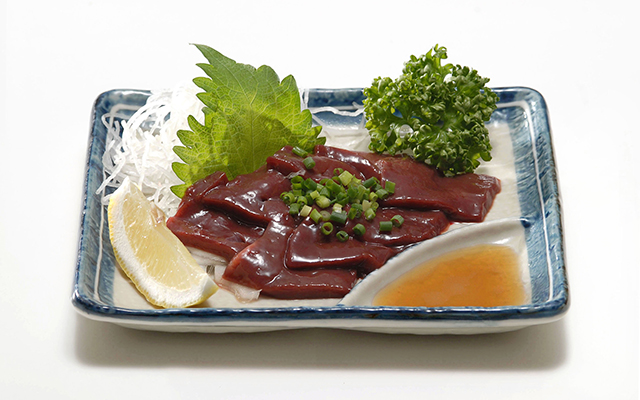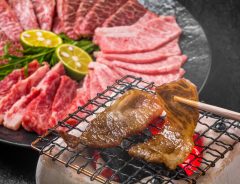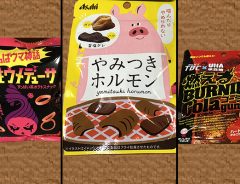
Source: Sarutobi Sasuke / © PIXTA
Kyoto Restaurant Managers Arrested Over Raw Liver, Cite Menu Semantics In Their Defense
- Tags:
- akan / arrest / cow liver / food poisoning / Izakaya / Kansai dialect / Kyoto / raw liver / Yakiniku
Related Article
-

Yakiniku chain offers affordable all-you-can-eat A5 wagyu course to battle pandemic food waste
-

From fish genitalia to raw horse meat: 5 izakaya foods for adventurous eaters
-

More Weird Things We Found At The Convenience Store
-

Kyoto photographer shows the beauty of autumn through gorgeous foliage photos
-

Get Up Close and Personal with Penguins on Japanese Trainline
-

Blue Bottle Coffee has created a very unique treat with a Japanese confectionary shop in Kyoto!


According to Asahi Shimbun, managers of three separate restaurants operating in Kyoto were arrested on October 29th for sanitation law violations. The suspects had reportedly served raw beef liver to their customers without clearly indicating that the meat should be cooked (for example, on grills installed at their tables). On July 1, 2012, the Ministry of Health, Labor and Welfare, citing food poisoning risks, banned the sale of raw beef liver throughout Japan. If it is served in restaurants, it must be done so with explicit instructions that it should be cooked before eating.
Kyoto Prefecture Police's Living and Safety Division reported that the violations occurred in July and August of this year at the yakiniku restaurants Chiritori Nabe Gokkoya ちりとり鍋ごっこや and Yakinikuya Terusan 焼き肉屋天照杉 in Chukyo Ward, and the izakaya FUWARI in Uji City.
Kansai Dialect Semantics
As can be seen in this photo of Chiritori Nabe Gokkoya's menu posted by Twitter user (@no_shachiku_no), the menu listed the raw beef liver as "Akan yatsu" あかんやつ.
Although one interpretation of this Kansai dialect term is "the one that's no good" "the useless one" or "the hopeless one," the yakiniku restaurant manager defended himself saying that he meant it as an abbreviated form of the phrase "Yakana akan yatsu" 焼かなあかんやつ, meaning "the one you have to grill." Here, "yakana akan" is the casual Kansai dialect form of "yakanai to ikemasen" 焼かないといけません with the verb "yaku" 焼く (to grill) and the expression of obligation with "ikemasen" いけません
The manager further tried to defend himself saying that he never wrote on the menu that the item was intended to be eaten raw, perhaps implying that the customers would use their common sense to grill the meat at their tables before eating it.
At present, no incidents of food poisoning have been confirmed at any of the three Kyoto restaurants.